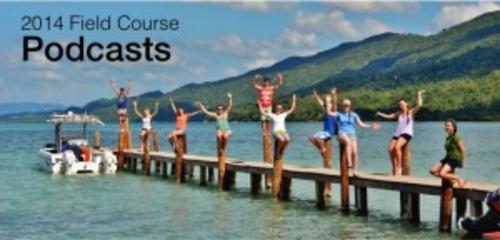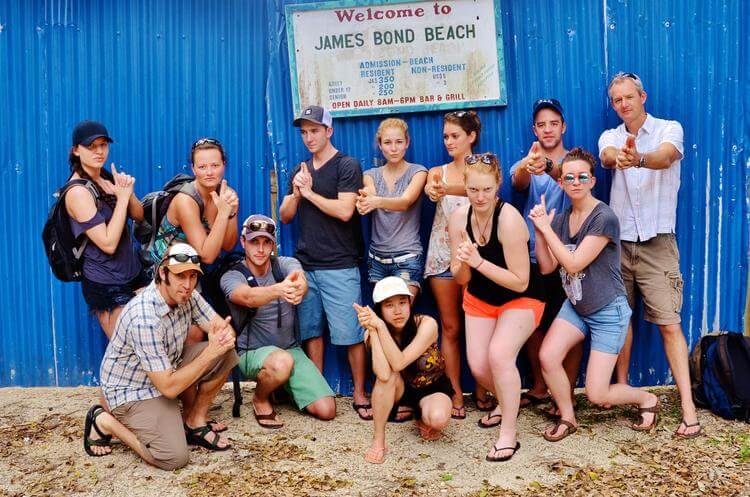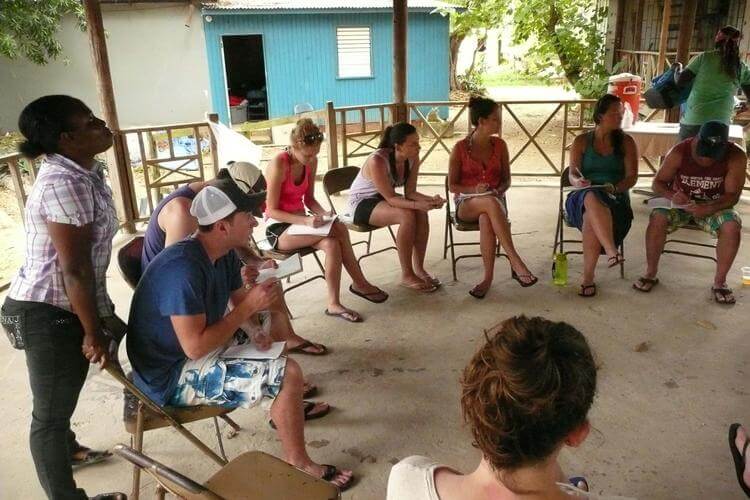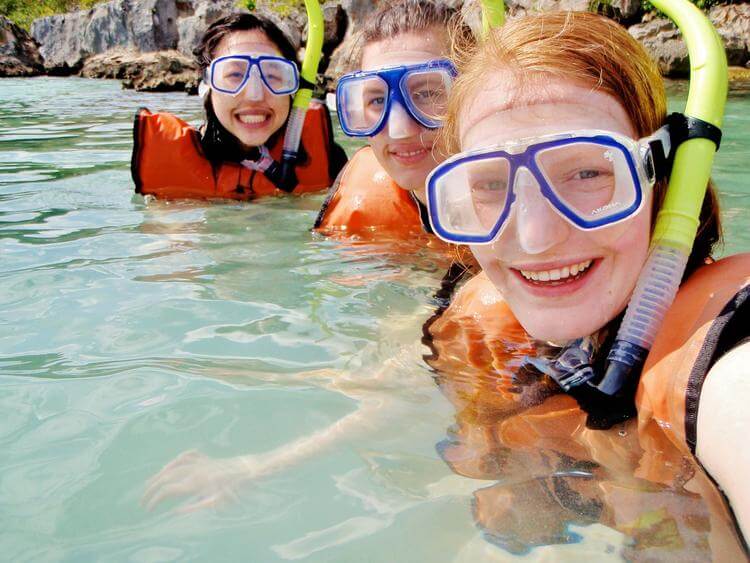The ERS 375: Jamaica Field Course on Coastal-Marine Change and Governance (PDF) offers experiential learning and encourages Environment students at UWaterloo to engage directly and meaningfully with social-ecological sustainability issues. Key issues that we touch on in the course include overfishing, invasive species, limited livelihood opportunities, effects of tourism development, and impacts of climate change (e.g., sea level rise, coral bleaching). During the field course we interact with people in Jamaica working on co-management, marine protected areas, climate change adaptation planning, and integrated coastal zone management to help demonstrate and reinforce links to policy and governance.

For students with a passion for social-ecological sustainability, the course is a great way to connect theory and ideas with direct observations in the field, and opportunities talk with local fisherman, local researchers and practitioners. Course participants research a topic of interest, and as part of their course requirements they produce short podcasts on those topics. For a sample of the student research topics and podcasts from last year, click on photo to the right.
Special thanks to everyone in Jamaica who has given their time and knowledge. The course has been supported in part by the Partnership for Canada-Caribbean Community Climate Change Adaptation (ParCA) project funded by International Development Research Centre (IDRC) and Social Sciences and Humanities Research Council (SSHRC).


